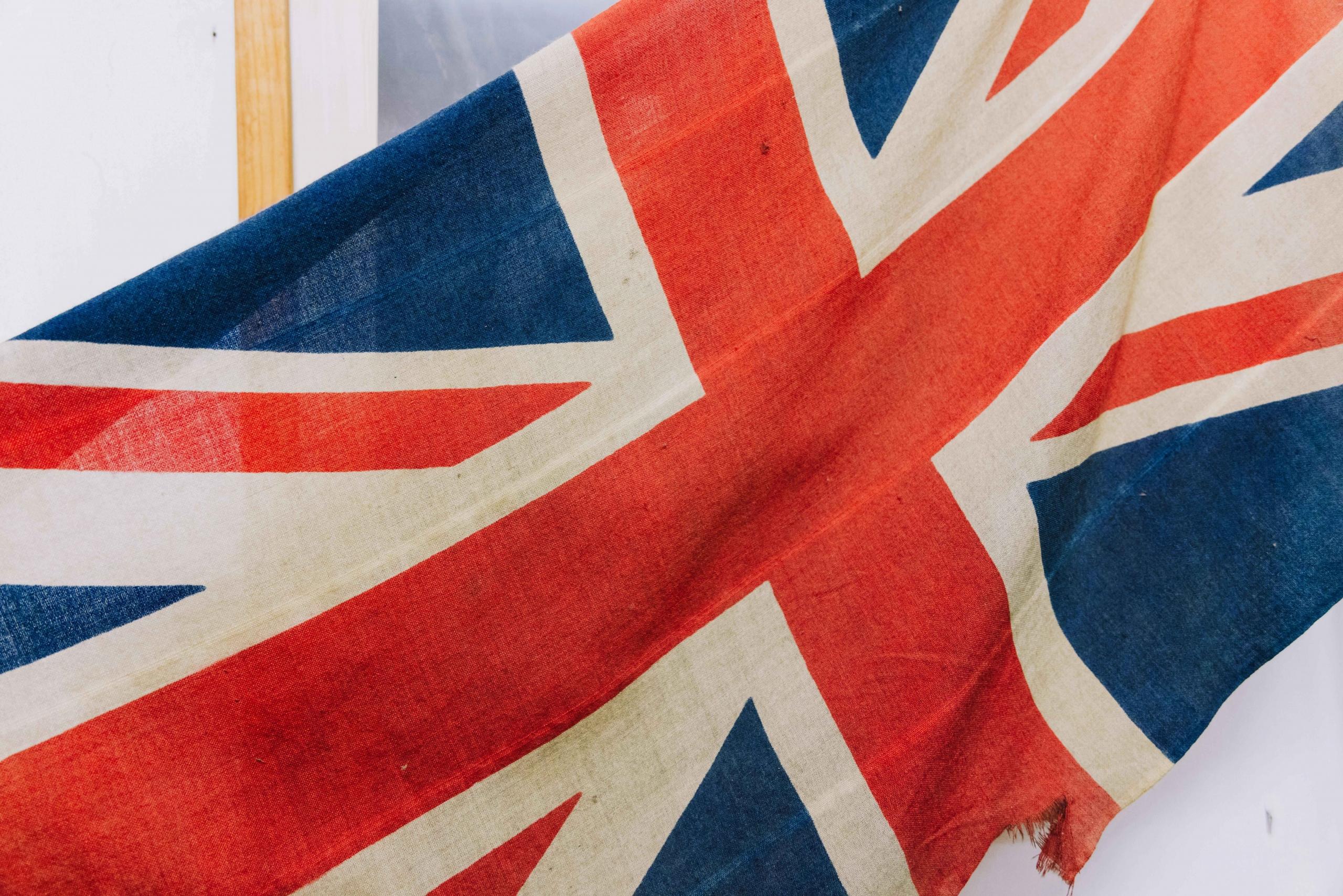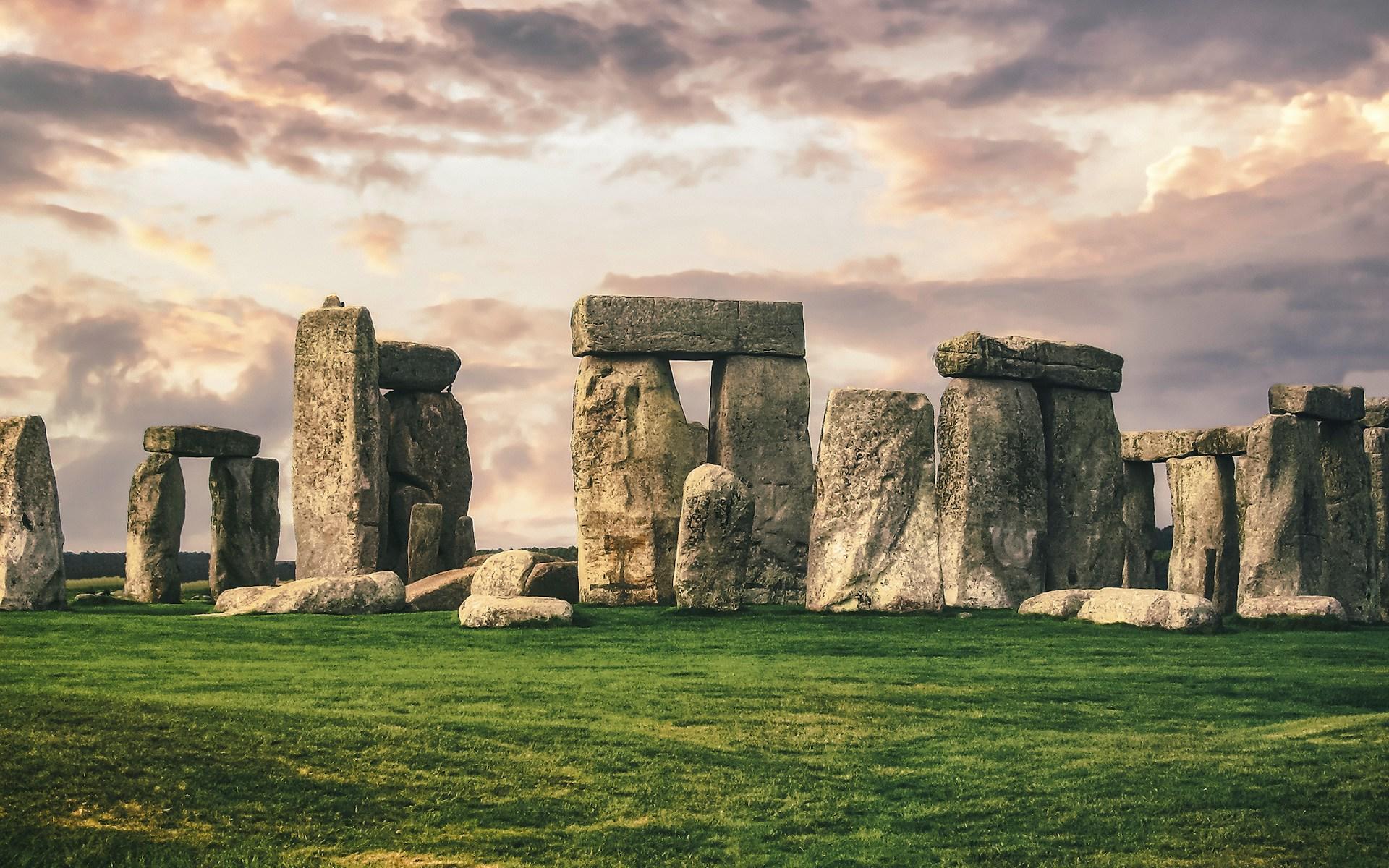In this article, we’re going to take a walk through history and how many pivotal British events have had a lasting impact globally. From battles to discoveries and innovations, we’re going to take a look at what the nation has contributed and the defining events that brought us to where we are today.
In order to present the most pivotal events that influenced British history in a manner that will result in the least amount of head-scratching, we’re going to approach the events in chronological order.
This way, you can navigate your way through the events that have shaped the nation as they happened throughout time and arrive at a better understanding of their significance in the respective period.
1066
The Norman Conquest
William the Conqueror's Victory at Hastings
1346
The Black Death
A Devastating Plague
1485-1603
The Tudor Era
Elizabeth I's Golden Age
1760-1840
The Industrial Revolution
1939-1945
World War II
Britain's Finest Hour

The Norman Conquest (1066)
When we read about British battles or cover much of the nation’s history at school, the overwhelming majority of the conflict takes place on foreign soil. This is what makes the Norman Conquest such an interesting and, at the same time, pivotal event that saw William the Conqueror invade England.
This historical invasion saw a transformation in the way in which England directed its military attention, shifting its focus from Scandinavia to continental Europe.
The invasion also brought a number of other changes, such as the introduction of land tenure, social hierarchy structure and an impact on architecture that can even be seen to this day. There was also a surge in the number of castles that were built across Britain after the event, and the Normans also played a big role in revamping churches and cathedrals.
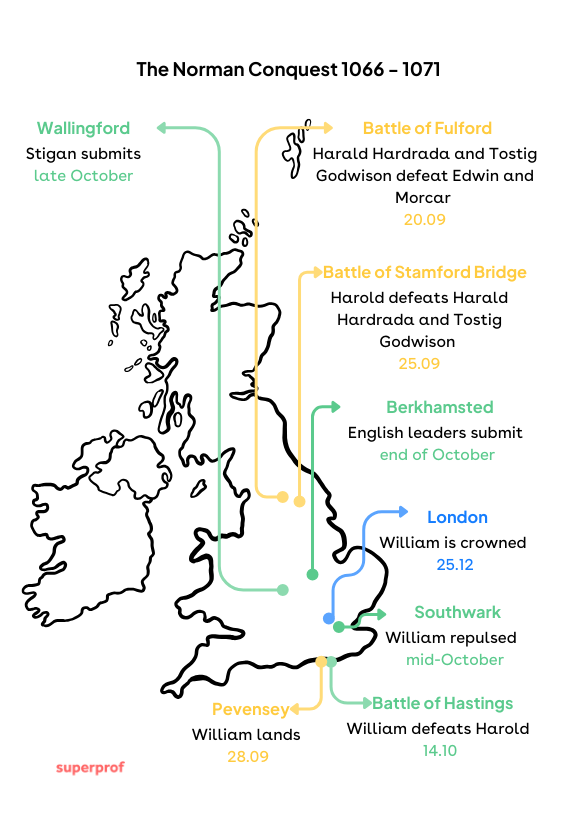
You can likely count the number of Williams or Henrys that you know on more than one hand; this is yet another impact of this significant period in history that carries on to the modern day.
These are in fact, Norman-influenced names that have supplanted the Anglo-Saxon names commonly used before, all thanks to this historical event that shaped Britain in more ways than we often give credit. There have been some significant figures in British history that have steered the course that Britain has taken throughout time.
The Black Death (1346)
The next historical event on our list is one that the currency generation can relate to with the recent pandemic.
With the absence of the accessibility to information and quality healthcare that we have today, the Black Death of the fourteenth century was one of the deadliest pandemics in history for humanity.
This infectious bubonic plague started in Asia and quickly spread its way through trade routes before eventually making its way to England by 1348, which came by way of a sailor arriving from Gascony.

We can all recall how fast COVID-19 made its way across the UK, and the Black Death wasn't all that different, having affected the entire country by 1349.
The Black Plague had a significantly higher mortality rate and was transmitted by rats carrying fleas and human contact, infecting 40% to 60% of the population.
It was invented in the early 18th century by Bartolomeo Cristofori, an Italian harpsichord maker. Cristofori's groundbreaking innovation was the ability to control the dynamics of the sound, allowing the instrument to play both soft and loud notes, hence its original name "gravicembalo col piano e forte" (harpsichord with soft and loud).
This dynamic range distinguished the piano from its predecessors, such as the harpsichord and clavichord, which could not vary their volume with the same precision. If you had the plague, you, along with those around you, knew all about it, with harsh symptoms such as fever, vomiting and the development of swellings called buboes in the armpits and groin area. Given the prevalence of infection among workers, this historic event influenced working conditions, higher wages, and changes in social hierarchy dynamics.

The Tudor Era (1558-1603)
There are few periods in history that are given such high praise as the reign of Elizabeth I, which was literally marked as the ‘Golden Age’. So, what could have gone on over the course of her 45 years in power that made it deserving of such a name? Well, this period in time was marked by a blossoming of culture and exploration along with a rise in prosperity made a lasting impact on the country.
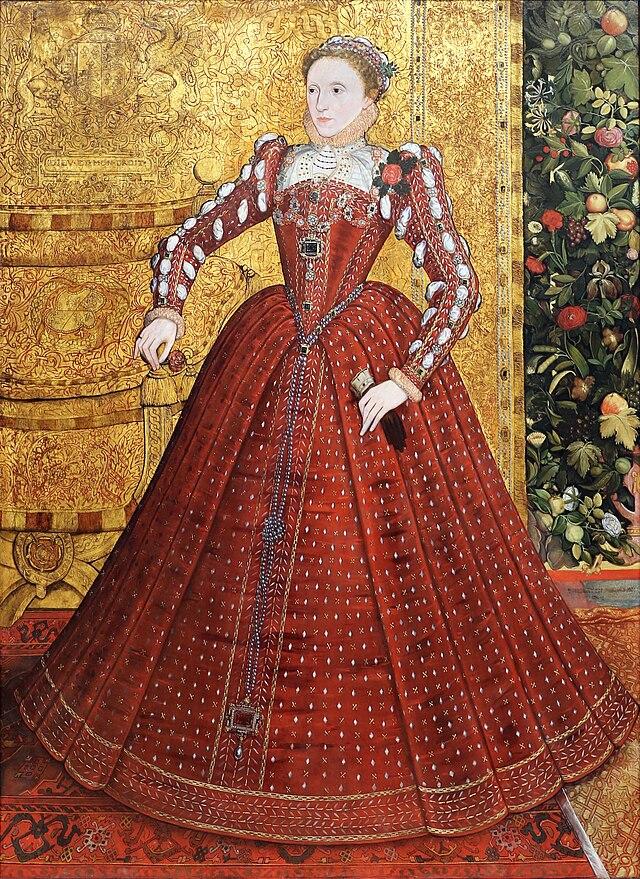
Quite a significant part of the story begins with how she came to power and the way that she was perceived by the public.
This was definitely an uphill climb at the time as a result of the societal scepticism of women in positions of power.
By abstaining from marriage and proclaiming that she would only serve one master in her kingdom, herself, she won the public over and was deemed by many to be an authoritative figure equipped for the task ahead.
Her time in power had a greater impact than many could have anticipated at the time, as she saw the formation of the Church of England, the triumph over the Spanish Armada and revolutionary changes to the flowering arts scene.
She set up a host of supports for the arts, building a number of purpose-built theatres that allowed incredibly talented writers such as William Shakespeare, Christopher Marlowe and Edmund Spenser to pave the way in their respective crafts. British heritage is woven with threads of combat—unravel the significance of battles steering British history in crafting the nation's narrative.
The Industrial Revolution (1760-1840)
When you think about periods in history that shaped Britain, it’s likely that the Industrial Revolution is one that immediately comes to mind.
The Industrial Revolution gets a sizable mention in school history books across the world for the impact it had on machinery production methods, new chemical manufacturing techniques that were introduced, and the factory system beginning its ascent.
Many of the advancements in technologies throughout this time transformed the nation into a major player on the world stage.
It improved the productive capacity of manufacturing across the globe for years to come.
Coupled with its trading network and overseas territories like North America and the Caribbean, The Industrial Revolution also marked a time of substantial growth across Britain.
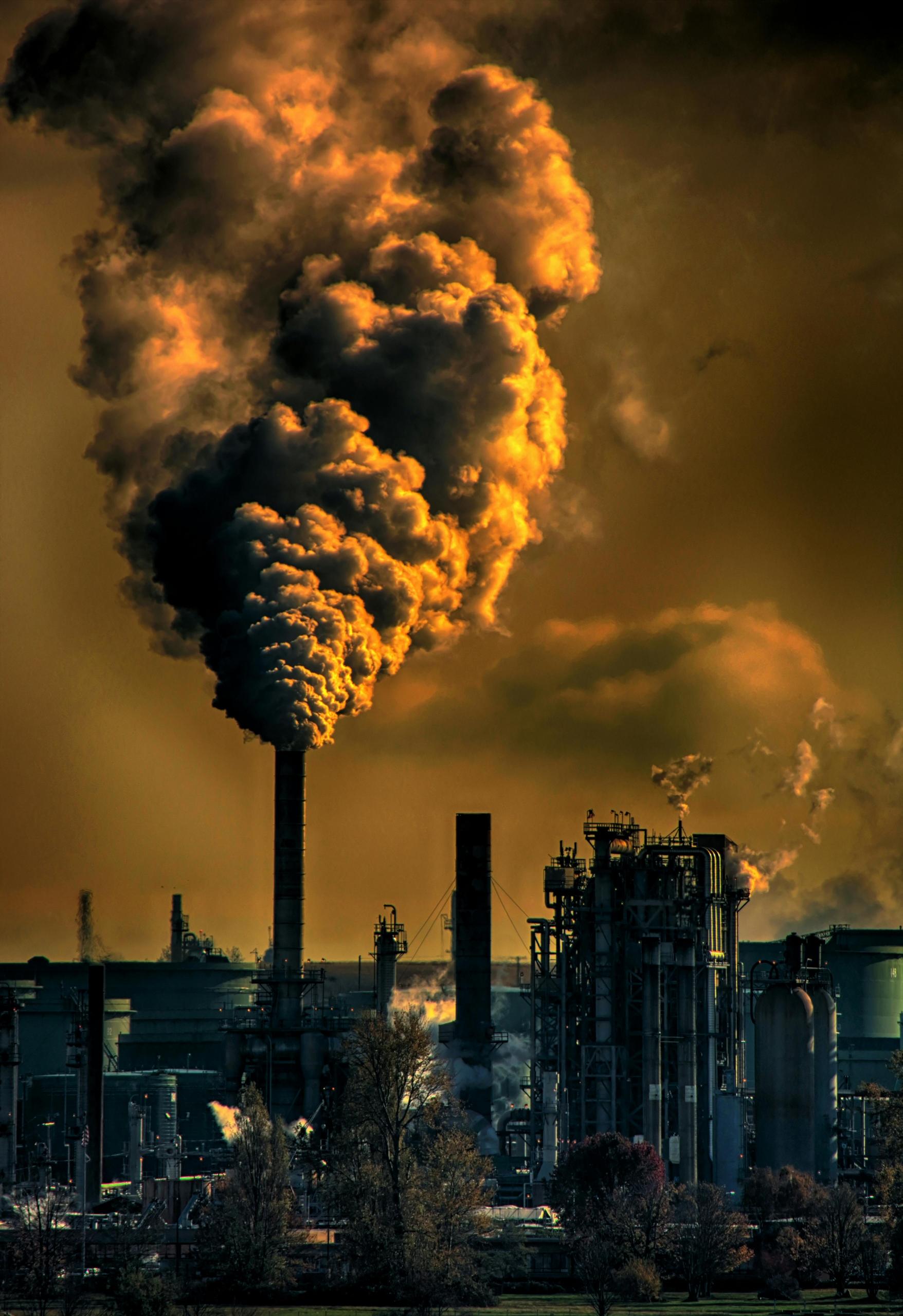
It saw a steady increase in both income levels and population figures like no other period in history. You could say that the changes throughout this productive and transformative period could be seen as the jigsaw piece that links to the industry-focused societies that we live in today and established Britain’s supremacy during the 19th century and beyond!
While the evolution of modern technology can be subtle, some technologies from Britain stood out as revolutionary firsts, leaving an indelible mark on world history.
World War II: Britain's Finest Hour (1939-1945)
There is perhaps no better event to round off our list of historical periods in history than Britain’s road to victory during the Second World War. There was a need to stand up against Hitler's forces, which were advancing rapidly. A period in time that sparked uncertainties with people not just in Britain but across the world questioning the fate of their respective nations against the enemy forces.
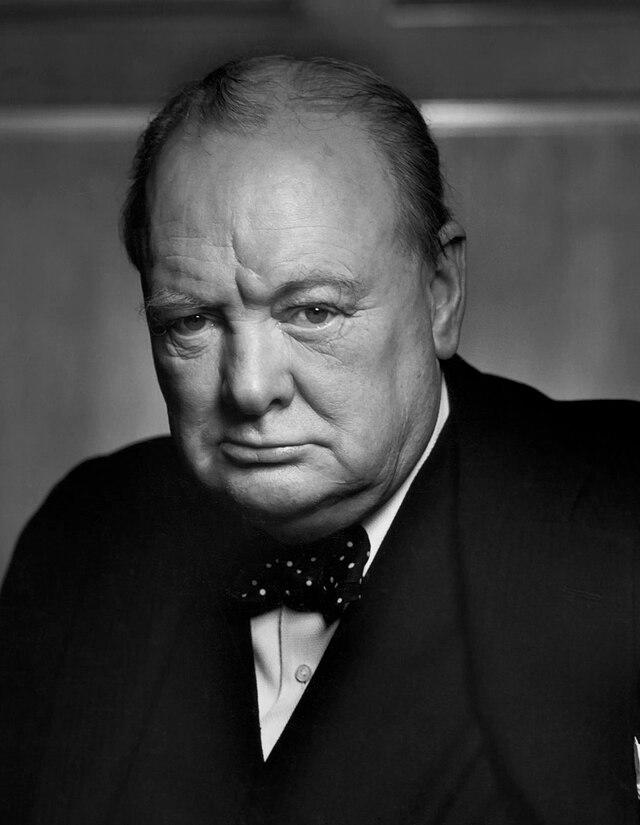
After challenging times after the conflict arose, Churchill's ascension to power as Prime Minister certainly marked a turning point in the war.
His leadership skills proved crucial in uniting the nation while facing adversity.
His main goal was to get the United States involved in the war either as a partner or to provide assistance.
The Battle of Britain was a monumental event as it marked Hitler's setback as the tide began to turn in the war while preventing a Nazi invasion of the UK.
The Dowding can be thanked for this, which was one of the world's first integrated air defence networks that gave Britain an advantage in that they had plenty of warning prior to any attempted invasions from the enemy forces. The final nail in the coffin of the Nazi forces was the Russian winter and troops that proved too challenging to overcome and led to the eventual demise of Hitler’s forces.
This period in history wasn’t all that long ago, and when you consider Britain's involvement in key points in the conflict and Churchill's ability to get the United States involved, it becomes clear that the world would look a whole lot different if it hadn’t been for the role that Britain played under Churchill’s leadership. Delving into the British royals and their impact provides a profound insight into the core of British identity and national character.
Appreciating The Significance of These Historic Events
Hopefully, after your reading, you find yourself with a more concrete understanding of the events that led us to where we are today and the significance of many of the changes each period had on their respective periods.
The effects of many of these events make their way into our daily lives in more ways than we might consider, which is why it’s important to take the time to appreciate the sacrifices of those who came before us and how their decisions moulded the world in which we live in today. While many of these events may have already been known to you, hopefully, they provided a refreshing lens, allowing you to look at the lasting impacts of each of these significant periods in history.
Summarise with AI:

